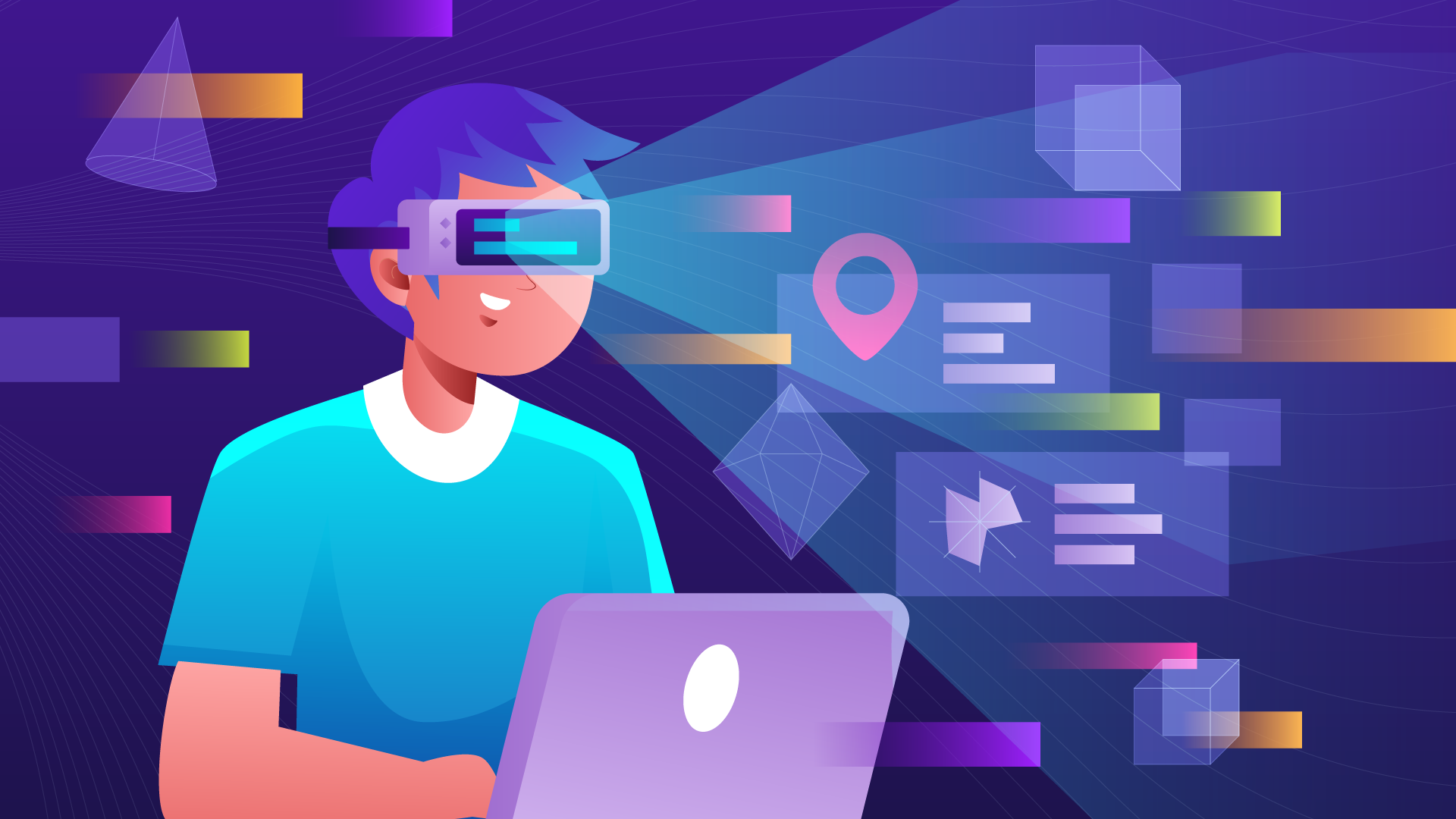VR can improve education – New study proves
Students are tomorrow’s future, and it is only fitting to use futuristic technology like AR and VR to take education to the next level.
These immersive technologies have the ability to customize the learning journey of each student, thereby moving away from the assembly line approach to education that we have all been subject to.
Results from the research:
SAP in partnership with JFFLabs, a unit of national education nonprofit JFF, founded the Skill Immersion Lab in 2021. The program utilizes virtual reality (VR) headsets and top-notch immersive learning modules to train students in essential skills, such as communication, problem-solving, and leadership.
A study conducted last year found that, among other things, virtual reality (VR) improved compassionate communication, boosted learner confidence, and improved the ability to articulate ideas.
After the promising results, they continued the study and released their findings recently. It has revealed that the vast majority of students who participated in the program were significantly more satisfied with their educational experiences, felt an increased sense of belonging, were engaged more with their work, and improved their communication skills.
Use the below as an image:
- 85% of students improved their communication skills
- 88% of students found VR lessons more engaging
- 84% enjoyed their immersive learning experience
Other notable benefits of VR in education:
Better Engagement:
In addition to listening, VR allows students to take an active role in the classroom. By exploring immersive learning environments such as diving under the sea or traveling to historic places from around the world, teachers can boost classroom excitement and engagement while inspiring students’ imaginations.
Knowledge Retention:
The goal of education is to improve knowledge retention, so students could use that in their life. By experiencing the topics in the virtual environment, students’ memory recall increased by 75%. This is because when they experience the lesson rather than simply listening, their brains produce precise, thorough mental maps of the material.
Developing Collaboration and Social Skills
VR allows for safe, exciting, and collaborative learning environments where students can safely communicate and investigate learning topics virtually in pairs or groups. This, in turn, will improve their collaboration and social skills.
Building Empathy
VR can help build better leaders by letting students see life from different points of view, such as exploring different cultures or experiencing what life is like for people with disabilities, etc. This can improve emotional awareness and build empathy among students.
Personalization:
Every student has a different requirement. However, in the conventional approach, it is difficult to customize the training for each student.
With VR, educators can design individualized learning environments that fit students’ unique learning contexts and requirements.
Is VR the future of education?
In terms of the future, VR certainly has the power to engage and inspire students in a unique and powerful way. From pre-schools to universities, many educational institutions from all around the globe are incorporating immersive learning into their curriculum. So, it is safe to say that virtual classrooms will soon become the new norm.
With our wealth of experience within the industry, our team at DevDen can design VR educational content that fits your lesson plan and curriculum. Our team is also happy to offer any help or advice wherever we can, allowing schools to get the most out of VR.
Book a free consultation with our experts to get started.




